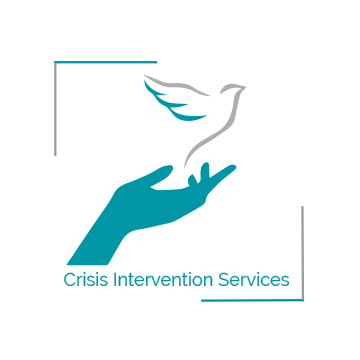The Discussion on Social Violence- Why Our Kids Need to Understand What’s Happening

Written by Lela Devries
Recent events and tensions across the nation are forcing parents to ask the question, “do my children realize what’s really going on?”
Children are so vulnerable to what they see and hear. As they grow and develop their own personalities, skills, and interests- every parent wants to see their child grow up in a responsible manner. As part of growing up, however, children are going to witness things that will shape the person they will become- for better or worse. What happened on January 6th at our nation’s capitol was a strong reminder that our children need to be guided in learning appropriate behavior, respect of others, and that freedom does not justify destruction.
Like many of the events that took place throughout 2020, these children have been witnessing a series of moments that have shocked, surprised, and terrified people from all walks of life. As parents, educators, caretakers, mentors, and advocates, we need to help children understand that this kind of violent reaction is unacceptable. We’re not telling kids how to think or what to think, but rather we need to put it as simply this: It’s ok to disagree on something, but you must respect others the same way you should respect yourself.
Social Violence is a topic that is often passed up, until it actually happens. If your child starts asking questions about what they saw or heard, don’t ignore it or brush it off. You don’t want to sugar-coat the subject, but rather discuss it in a more direct tone. Take this opportunity to have open conversations with them and discuss how seeing those images made them feel. By allowing them the opportunity to express their feelings verbally, they’re far less likely to physically exhibit those actions on someone else. Again, children are vulnerable and each child will interpret the situation differently based on their surroundings and initial cognitive perspective.
When speaking to your children about any of these events, state the facts and acknowledge the rules. This can turn into an informative conversation about other topics they may be curious about: law enforcement, the constitution, guidelines, etc. The other side of this kind of conversation is to teach children about respect and how to remain peaceful while expressing their opposition on a subject. Putting the conversation in this perspective will helps kids to know that they can still have an opinion but do not need to act hastily about it. Let them know it’s ok to talk to others with a different view, maybe they’ll learn something from the discussion. However, it is not ok to damage someone’s property in order to get a message across- at that point they need to understand they’ve broken a rule and are in the wrong.
Social and Emotional Learning is vital in a child’s development, but it is also crucial that they are being given a real-world understanding of why these events happened. Engage in solid, meaningful talks with them, not to judge or sway them into one opinion versus the other. Remember that the idea is to express to them that some actions do have consequences and that they will meet others who have different views than them- the key is to show respect and maintain peaceful, civil values.
Related Articles
Related
Eyes And Ears Open- A Snapshot Guide For Teachers To Recognize Suspected Child Abuse
School is starting up again, here’s what our teachers and educators need to be aware of as students make the return to the classroom In March of 2020, our world began to turn upside down as businesses began closing doors, events started cancelling, and school made the...
Peace at the Playground
A Discussion to Help Keep “Child’s Play” Safe and Appropriate in Your Community Parks The community playground serves as a gathering place where children can be active and build their imagination through social interaction and physical activity. Play time is...
A Lesson from the G.O.A.T- Overcoming Fear and Speaking Out
Some things are more important than titles and medals- confidence and self-respect The Tokyo 2020 Olympics are happening right now and while the world’s eyes are on one incredibly talented member of the U.S. Women’s Gymnastics team, there’s another reason to find...

